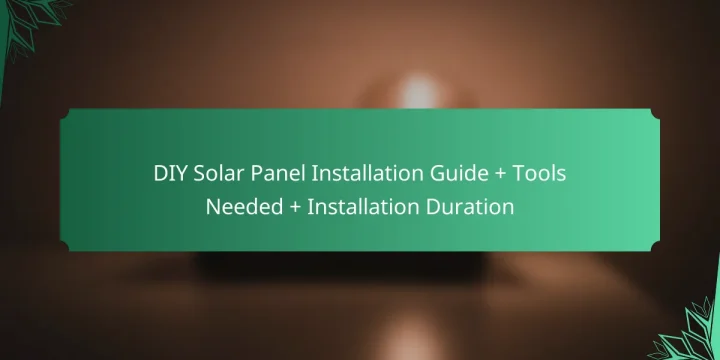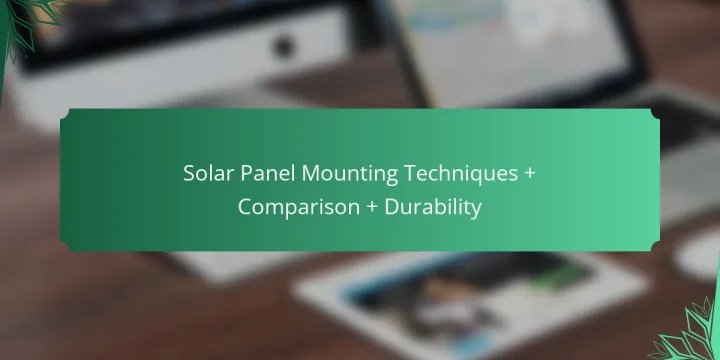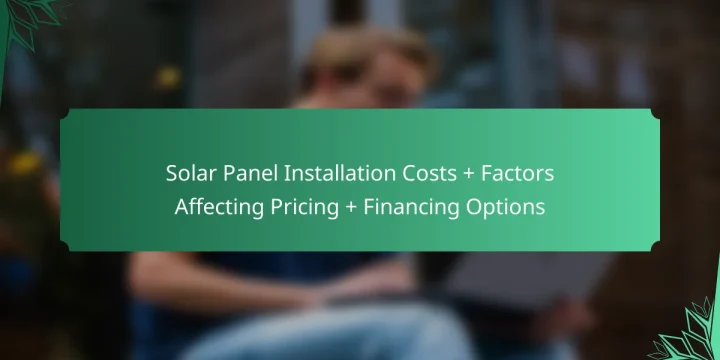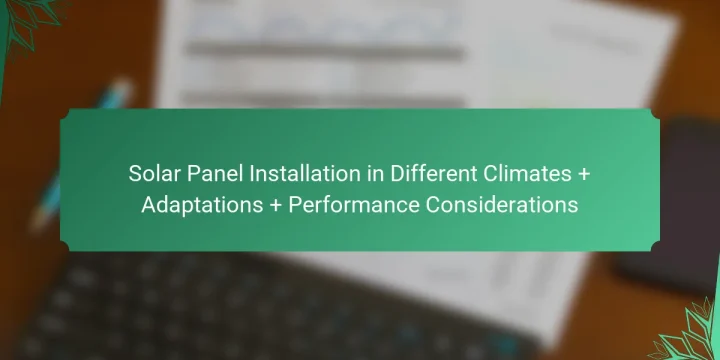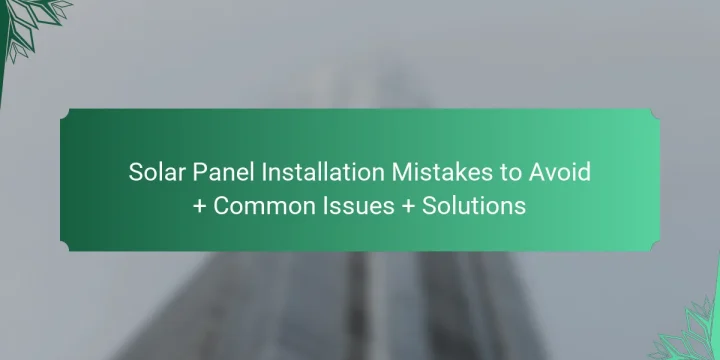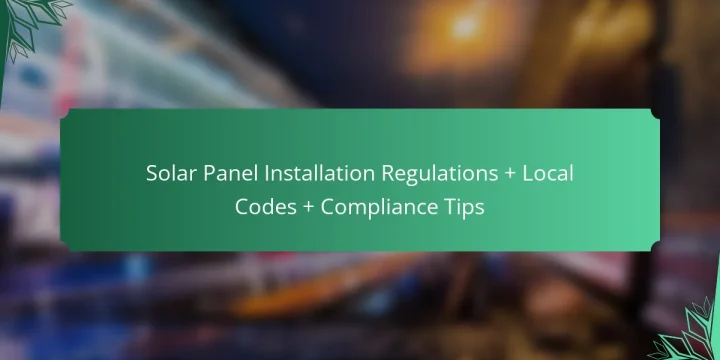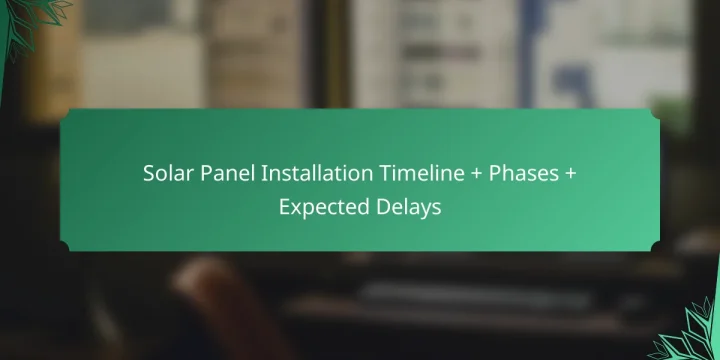
What is the Solar Panel Installation Timeline? The solar panel installation timeline typically spans four to six months from initial consultation to system activation. The process begins with a site assessment, which usually takes one to two weeks. Following this, the design phase occurs, taking an additional two to four weeks. Permitting can add another two to six weeks, depending on local regulations. Once permits are approved, installation generally takes one to three days. After installation, inspections may require one to two weeks. Finally, the system is connected to the grid, which can take an additional week. Delays can occur due to permitting issues, weather conditions, or equipment availability. How long does the solar panel installation process typically take? The solar panel installation process typically takes one to three days.…
